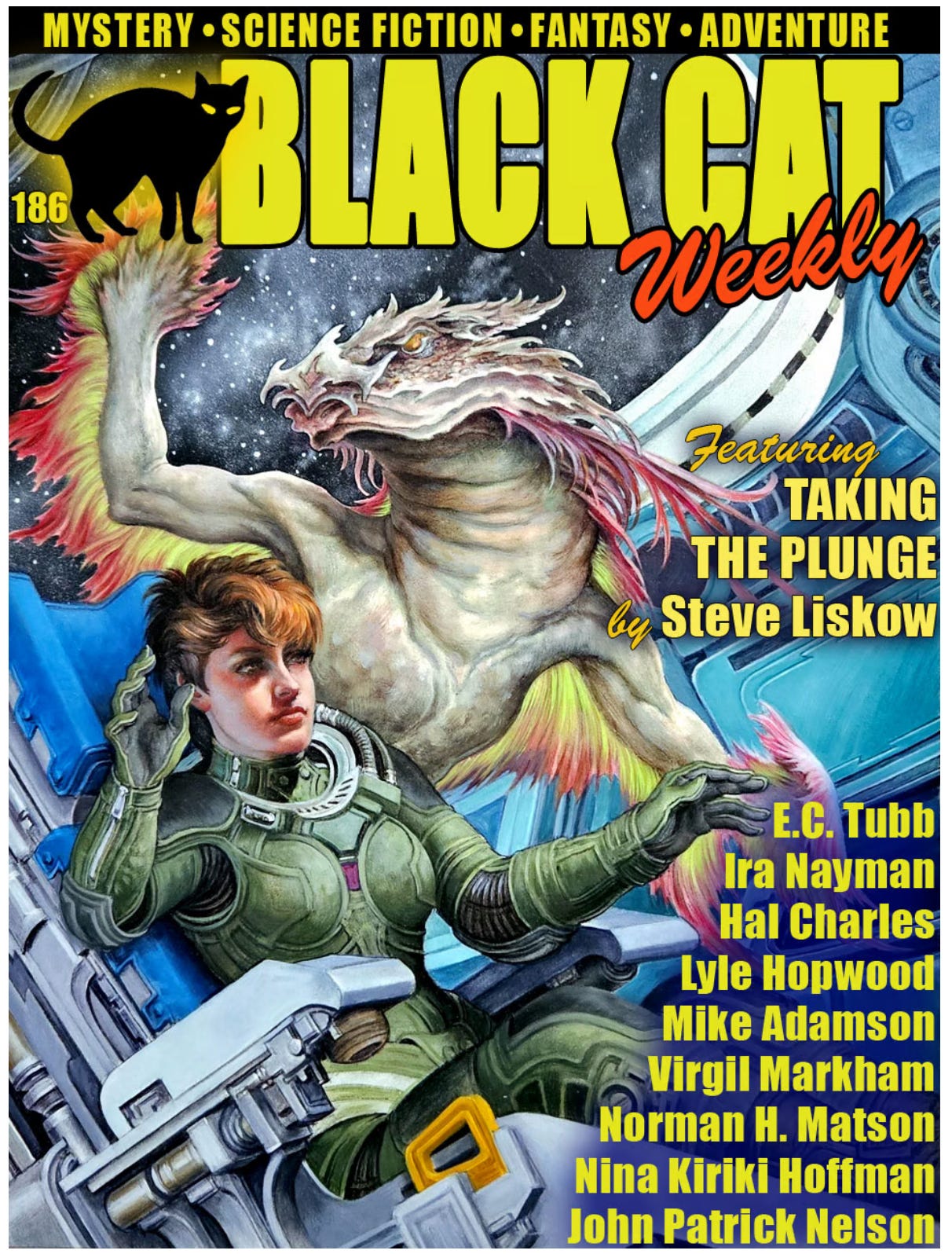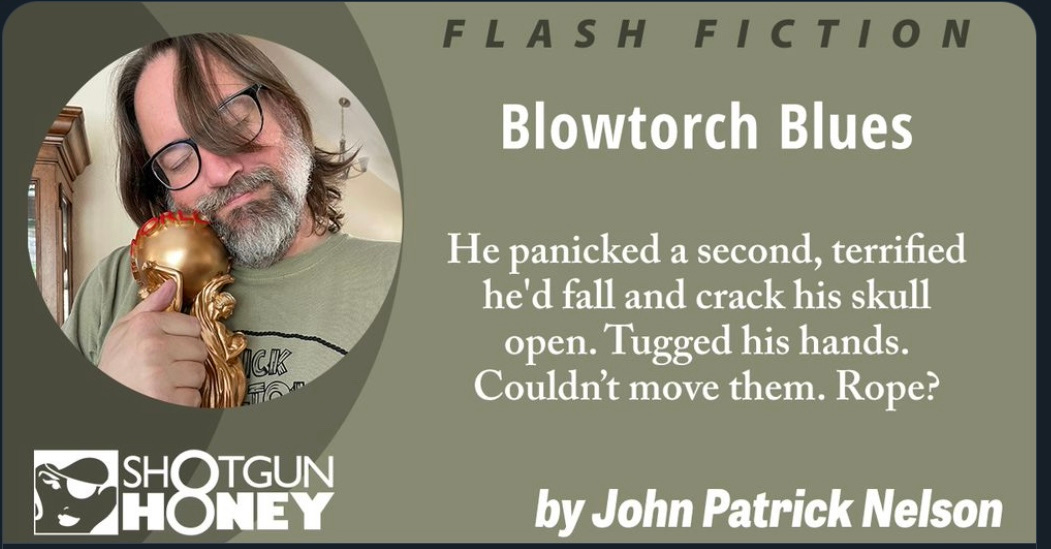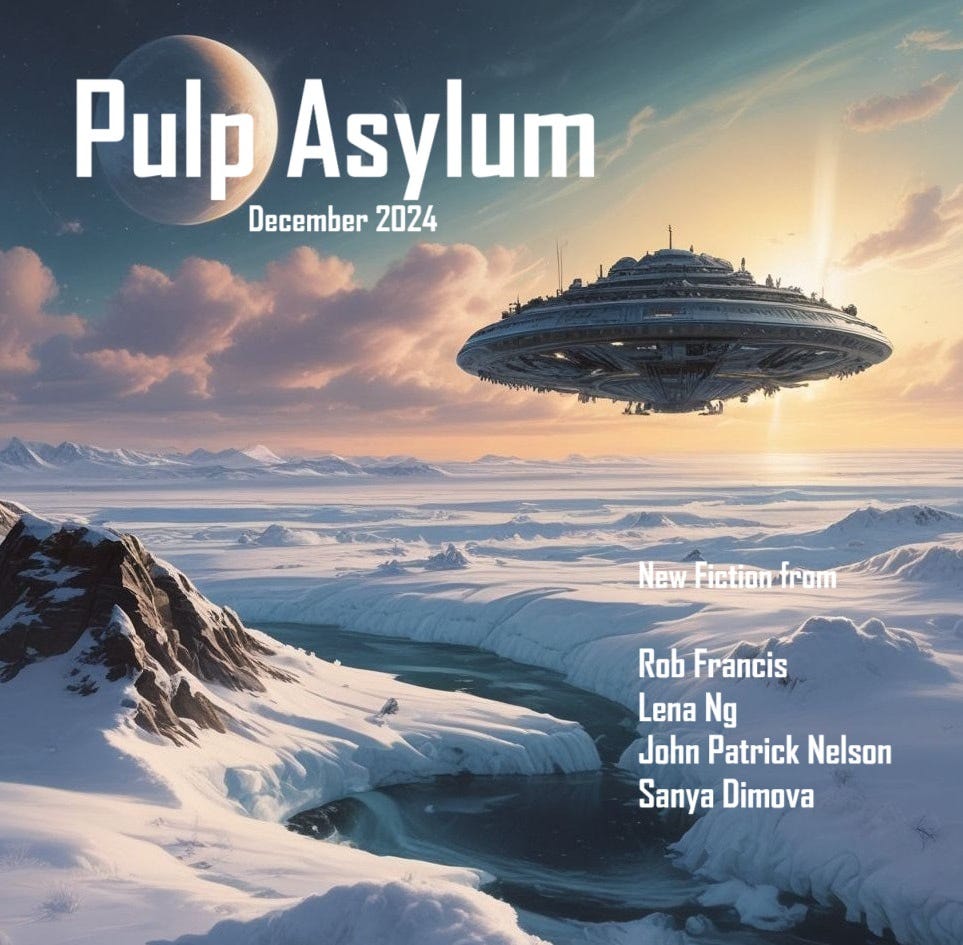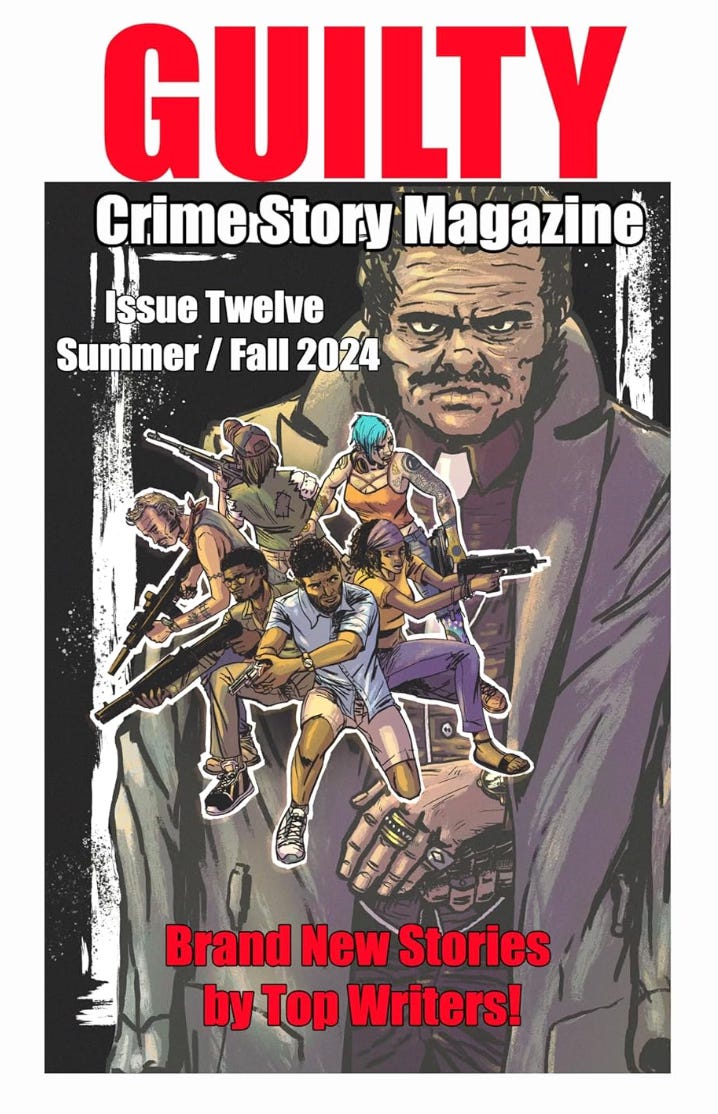Tell you one sci-fi series I get a kick outta, it’s “Planet of the Apes.”
Through ten movies and a TV season, this is the little franchise that could, chugging out new ideas and writing themselves into corners. No sooner had they blown up the entire planet to try and definitively end the series forever, they were told to make another movie.
That was only the second one, that ended with the titular monkey planet blowing up.
Yet, the series cranked out three more flicks before going into hibernation for two decades. It popped its head out again in Tim Burton-style around the turn of the millennium, then came roaring back with the current go-round, now four movies deep, almost as many as the original series! That’s some can-do attitude, right there.
(I won’t go into too much specific detail; the internet is vast and deep with “Apes” info. But if you’ve somehow never seen any of them, and need it summed up: armies of apes, chimps and other simians that talk and think like humans. And Chuckie Heston. Need I say more?)
Thing I admire about the series, with each individual movie, they kept trying to find a way to redefine the series. Not just out of artistic desire, though that was maybe there, but to find a way to keep the series relevant (aka “monetarily lucrative”), so they could keep grinding out offerings to the Hollywood cash machine. And in trying to stay relevant, they keep finding new things to say about humanity.
That’s almost impossible to fathom. You create an idea, and you execute it, thinking it’s a one-off, and you throw everything you can think of into that one iteration. Then that thing does so well, you are financially obligated to make another. What’s left to throw in? You already used everything you could think of, now what?
And yet, they still keep finding ways to tell a new version of the story. And somehow, these individual chapters, each built basically in isolation, still come together to form a larger story that’s interesting on its own terms. There’s very few series can do that successfully. The Fast & the Furious, the Mission: Impossible movies, the MCU, with its thirty-plus individual movies that have to fit into a greater tapestry; all of these series have their highs and lows - you can see how difficult a feat that is.
I mean, some of them are gotdamn clunky, and some are better’n others, namean? But I appreciate that “Escape From the Planet of the Apes” is saying something different from “Conquest of the Planet of the Apes.” There are pieces of the painting that aren’t quite right, but when you step back and take the whole thing in, it’s kinda breathtaking in its scope.
Meanwhile, there’s been another sci-fi series that’s come along, that sorta had a similar progression. Started with one amazing stand-alone movie, then inevitably spawned sequels, trying to build outward, to create a world, a universe.
And with each new iteration, it reminds me more and more of how difficult a task it can be to create a thoughtful franchise, especially when you didn’t set out to create one.
That series is “The Terminator.”
(“Terminator,” for thems what never had the pleasure, is about a cyborg played by Arnold Schwarzenegger, sent from the future to kill a human in the present.)
“Terminator” hasn’t gone quite as far as “Apes” in its franchising, only six movies and a TV series (sorta the inverse of Community’s “six seasons and a movie”). It started as one, beautiful, perfect, self-contained movie, all the threads tied and clipped off. If you’ve seen and enjoyed the first movie, then you understand: in theory, there’s no possible way to make it a franchise.
Didn’t stop them from trying.
First, there was “Terminator,” co-written and directed by James Cameron. The second was also co-written and directed by Cameron, so they had at least a firm continuity between them. Many people like the second better than the first, and though I appreciate the objectively mind-blowing tech artistry of the second, I still love the first one best.
But Cameron stepped off with the third one, and boy howdy, does it show.
What’s funny is, with “Apes,” they started with one movie, then with each movie they added, they kept expanding the world to try and keep it interesting, adding mutants, nuclear weapons, time travel, whatever they could think to throw in.
With “Terminator,” the world keeps shrinking. Each new iteration is a weird hybrid of sequel and reboot, cannibalizing story and characters from the first two movies. They’ve basically been telling the same story, over and over, with slight variations.
(The above “expanding/shrinking” theory is stolen from my friend Ray Morton, describing how he feels about the original trilogy of Star Wars movies - “Star Wars” created a universe, “Empire” built it up, and “Jedi” contracted it back down.)
Though, even in their failures, the “Terminator” movies remind me of the “Apes” movies, because in MOST of those failures, they took at least one big swing.
Not all. But most.
First movie, there’s an unstoppable robot, made of gears and metal. Second flick, they jack it all the way to its ultimate extension: an unstoppable robot made of liquid metal. And to make it even cooler, the bad robot from the first one became the good guy in the second. Booyah! Such amazing!
The third Terminator movie is, let’s face it, a non-starter. In “Rise of the Machines,” the Terminator is… a liquid metal robot, but with a metal endo-skeleton.
Come again?
See, it’s like the liquid metal one, except… less invincible!
Okay. Sure. Whatever.
Oh, and Arnie’s the good guy again. Can’t stray from the formula.
So anyway, third movie happens, blah blah blah… but then, at the end, after the villain’s destroyed, and the day saved, the heroes… accidentally start a nuclear war.
Did they just pull a “Beneath the Planet of the Apes?!’
They sure did, bunky.
Amazing! So maybe the movie was a whiff, but the franchise might go somewhere interesting!
They announced the fourth one, “Salvation,” and the big swing there was it would take place in a period we haven’t seen much in the series, the apocalyptic future before mankind beats the machines.
Kind of a reverse “Escape From the Planet of the Apes,” where the apes went back to the past, this would take us, the audience, into the future!
I was very excited. Christian Bale would be in it, it was gonna be fab.
And… it was fine.
Probably the most famous thing about it was Bale discovered how big the internet could be when you lost your temper.
But, y’know, honestly, I still appreciated them trying something different.
Then they did the TV show, which I liked. It had great actors, like a pre-“Game of Thrones” Lena Headey, a post-“Deadwood” Garrett Dillahunt, and a post-“Firefly’ Summer Glau.
Big idea there was NOT having Schwarzenegger in it, I guess. And going back to more metal-and-gears Terminators.
But for a show that had to draw out a premise that was really not that prone to drawing out, they did okay. It kinda felt like the “Apes” show back in the 70s… not really necessary, but they found a way to make it fun.
Then they did “Genysis.” Which is like the first movie, except different.
Well, actually, not much different.
Big idea there is that Sarah Conner, now played by a post-”Game of Thrones” Emilia Clarke, was raised by the T-800 Schwarzenegger character.
Yeah, probably don’t ask.
Then came “Dark Fate” where the big idea was… well, I guess the big idea was to make money, while trying to reboot the franchise, except they used the same actors and characters, in pretty much the same ways they had two or three times before, and the steam had pretty much run out at that point.
And yet, I keep waiting for them to find the thing that gets “The Terminator” series back on track. I don’t know why, it’s more optimism than hard-earned loyalty.
But the series feels like it could be so much more. Like they could find a modern way to tell it, the way “Apes” did.
And in this world where Skynet and AI and computers taking over the world isn’t so much a threat as a punchline, I wonder if there isn’t a new interpretation, waiting to wow us.
After all, there’s a great anniversary coming up in a couple of years…
STORIES…
Click the covers to read muh stories:
… AND PODCASTS
Join us for “The Hold Up”
And “Sensory Overload!”
© 2025










